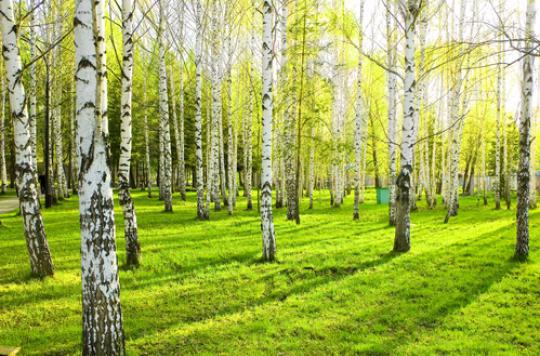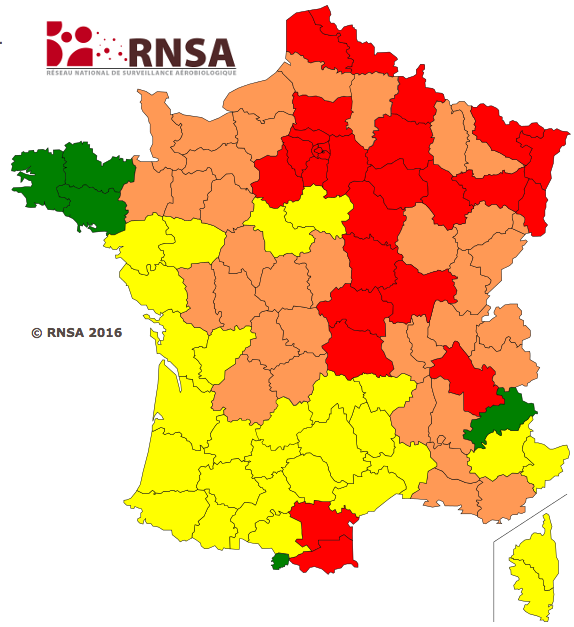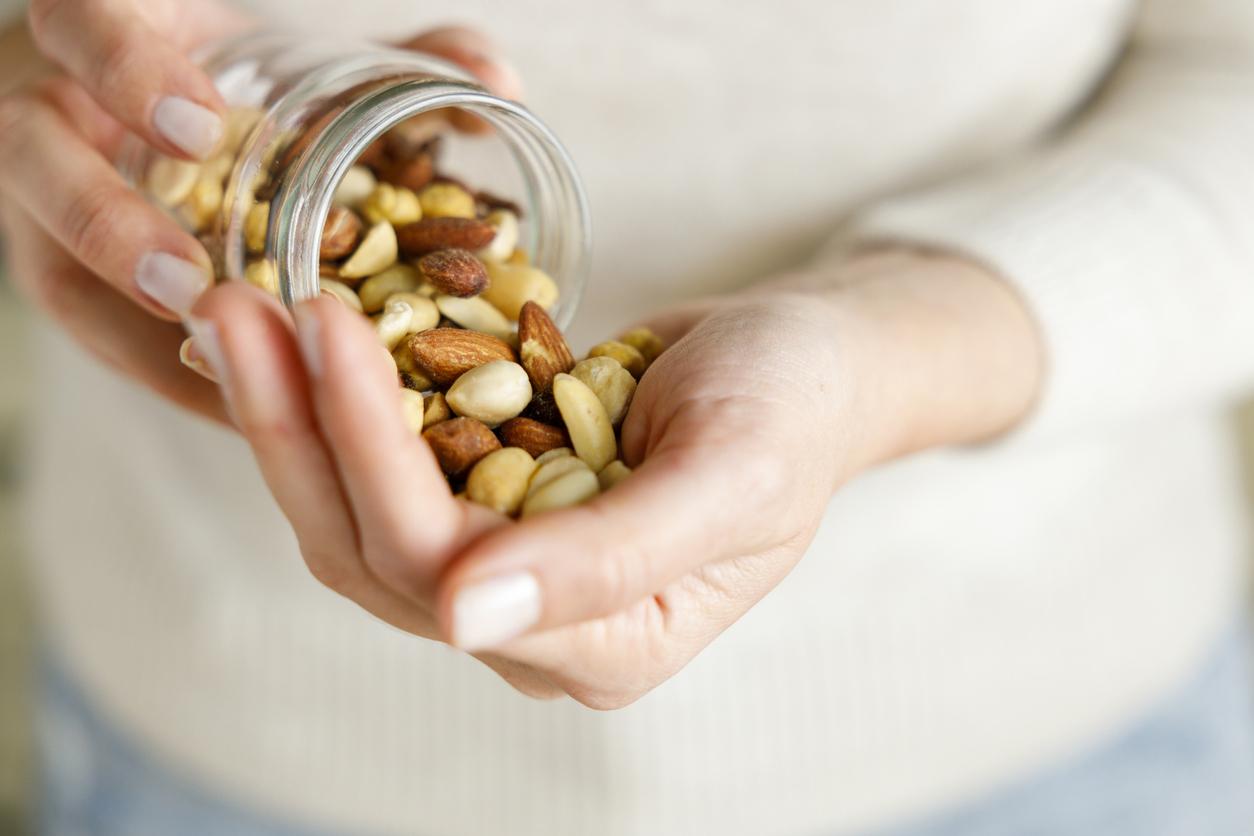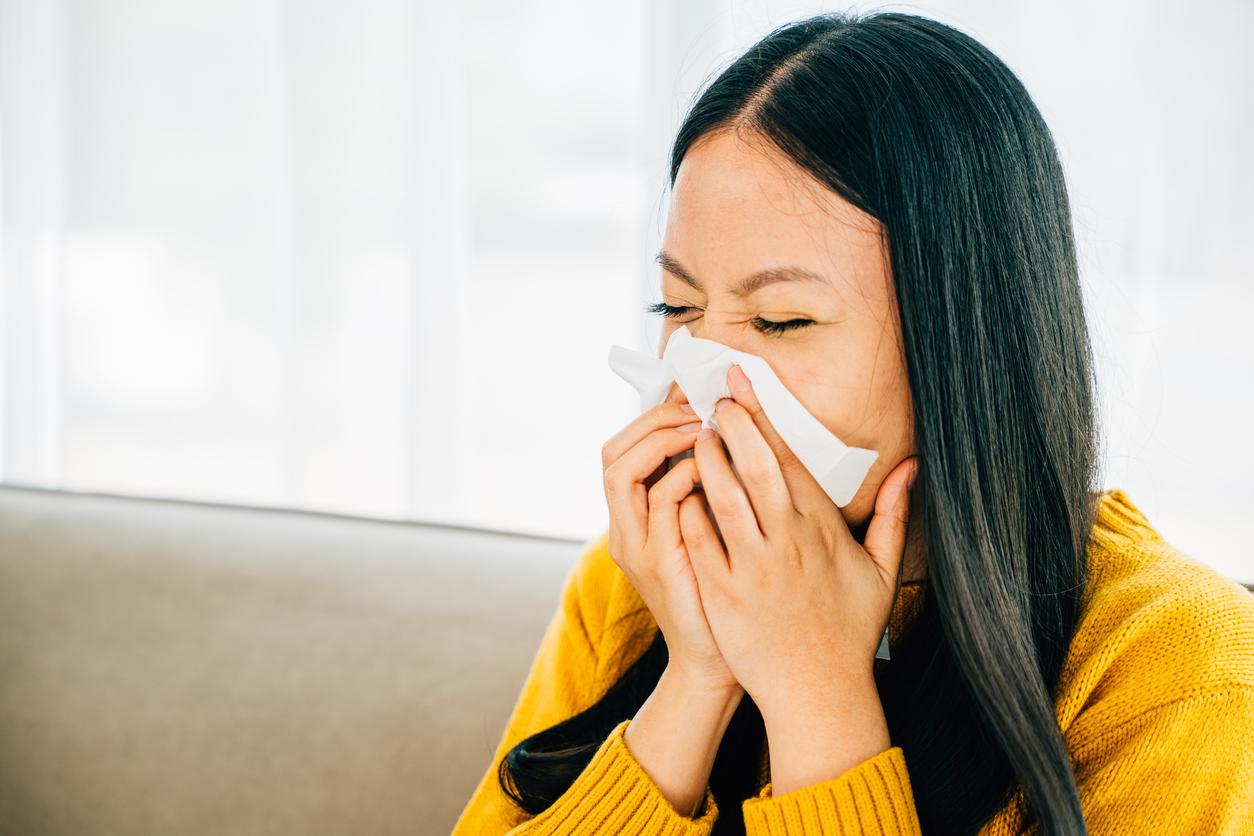RNSA’s latest Allergo-Pollen Bulletin announces bad news for those with allergies to birch. Île-de-France will be particularly affected.

Beware of allergic people, the domination of birch pollens has arrived! It is with these words that the National Aerobiological Surveillance Network (RNSA) sums up its last allergo-pollen bulletin. Published this Friday, it reveals that over a large south-eastern quarter, from Normandy to Vienne and to the Alps, birch pollens will be strongly present. And not in small quantities. They will be responsible for an allergic risk “high to very high”, warns Charlotte Sindt, director of the RNSA.
And these territories will not be the only ones affected by the threat. The allergic risk linked to this pollen will be medium to locally high from eastern Brittany to Lozère.
In addition, charming pollens will also be present in large quantities, responsible for a high allergic risk in Alsace, and medium to locally high from Nord Pas de Calais to Savoy. And the entire Île-de-France region will also be in red.

Source: RNSA
The respite will come with the rain
For their part, plane tree pollens will spread over a large southern half of France and the Paris region. The allergic risk associated with this pollen will be medium to locally high in the regions of the South of France.
Finally, parietary pollen will be more and more present around the Mediterranean, with an allergic risk which could be high locally. “Only the rain will be able to provide a well-deserved respite for allergy sufferers, the pollens will disperse with each sunny period”, concludes the RNSA.
According to the Asthma & Allergies Association, there are actions to protect yourself (in part) against pollen allergies:
– Avoid outdoor outings in the countryside or in green spaces during the pollen season and more particularly during pollen peaks.
– In the car, drive the windows closed.
– Do not picnic in the grass.
– Do not mow the lawn with the windows open.
– Do not dry your laundry outside.
– Rinse your face and hair after walking outdoors.
– A good reflex: find out about pollen peaks via the Pollen Alerts Widget developed by the RNSA (National aerobiological surveillance network)
.















